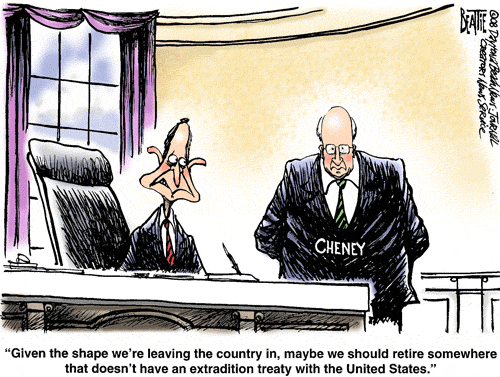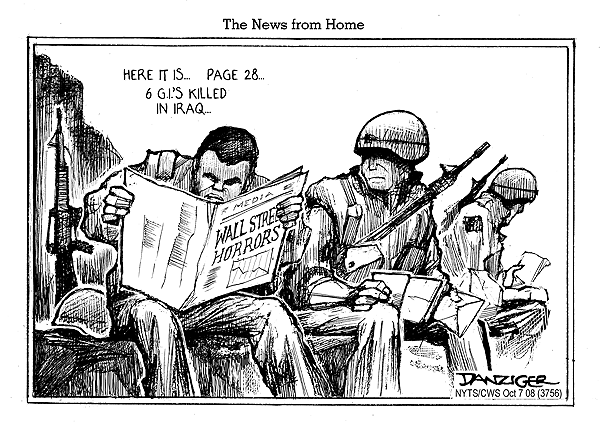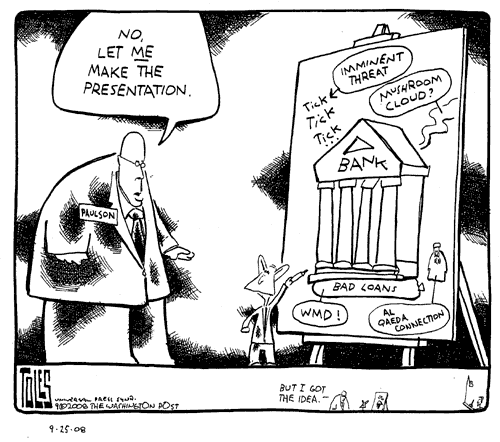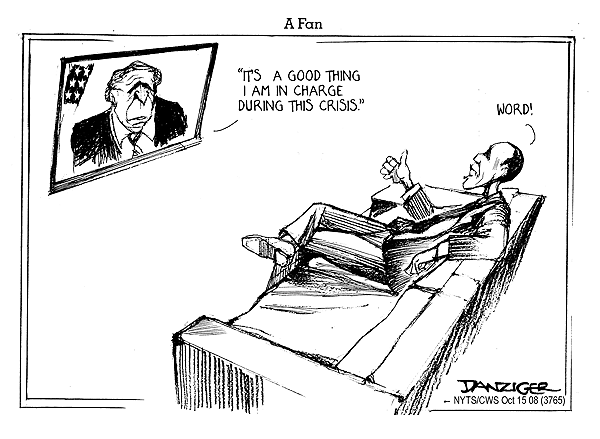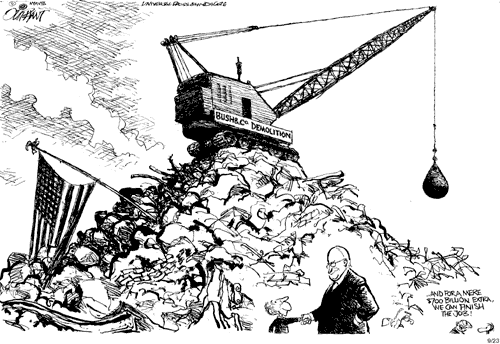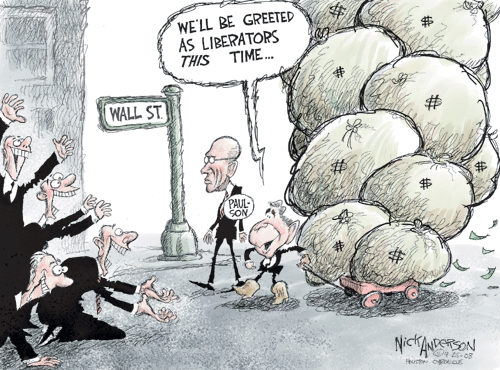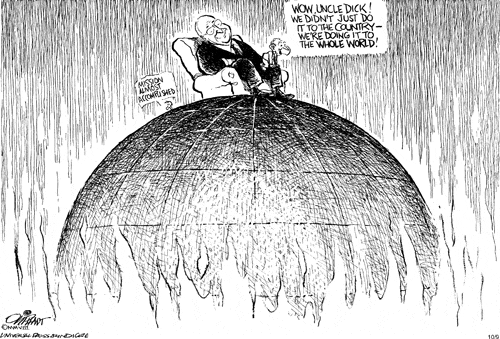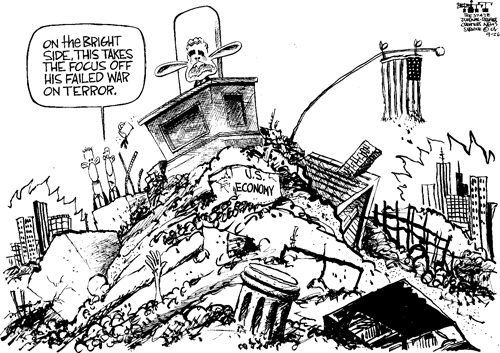LONDON — Two prominent British counterterrorism figures have criticized the United States for what they described as its overly militaristic approach to fighting terrorism and warned of a further erosion of civil liberties.

Stella Rimington, former chief of Britain's domestic intelligence agency, shown in 2004.
One of the experts, Stella Rimington, a former director general of Britain's domestic intelligence agency, said in an interview published over the weekend that she hoped the next American president "would stop using the phrase 'war on terror.' " She also said there had been a "huge overreaction" to the attacks on Sept. 11, 2001.
The other official, Ken Macdonald, the top prosecutor for England and Wales, who has overseen terrorism trials for the past several years, on Monday rejected what he called "the Guantánamo model," in which the rights of defendants are severely curtailed or eliminated by governments in search of a response to the terrorism threat.
Differences between the British and American approaches in the fight against terrorism have been expressed before, but rarely by figures of such stature and background.
The British have been critical of Guantánamo Bay, secret detentions and the denial ofhabeas corpus to terrorism suspects in the United States, but the intrusion on individual privacy here is greater than in America. Surveillance cameras are ubiquitous — in subway stations, in residential neighborhoods, on highways — and their pervasiveness is one reason that the police were able to track within 24 hours the travels of the cars used in the failed bombing attempts in London and on the Glasgow airport in 2007.
The surveillance has probably made the British citizenry the most watched in the world, outside of Singapore.
On Tuesday, the police used the terrorism laws to arrest five men, 29 to 36 years old, in Birmingham. The police did not give details, but said the arrests were not connected to any immediate threat or plot, the BBC reported.
Britain has approached terrorism more as a criminal matter than as a military one. In contrast to the United States, where prosecutions against suspects in the Sept. 11 attacks have lagged, Britain has prosecuted suspects in all the major terrorist attacks in the country since 2005. And it has achieved a 90 percent conviction rate, Mr. Macdonald, head of the Crown Prosecution Service, said in a speech on Monday
The trials, he said, have been "absolutely grounded in due process and pursued with full respect for our historical norms and our liberal Constitution."
"Of course, you can have the Guantánamo model," he said. "You can have the model which says that we cannot afford to give people their rights, that rights are too expensive because of the nature of the threats."
"Or you can say, as I prefer to, that our rights are priceless," he added. "That the best way to face down those threats is to strengthen our institutions rather than to degrade them."
Ms. Rimington, the former head of MI5, Britain's domestic intelligence agency, said that further erosions of civil liberties — including identification cards and a proposal by the Labor government to hold terrorism suspects 42 days without charges — were unnecessary and counterproductive.
The response to Sept. 11 was "a huge overreaction," Ms. Rimington told The Guardian in an interview published Saturday. She said labeling that response a war on terror "got us off on the wrong foot because it made people think terrorism was something you could deal with by force of arms primarily."
